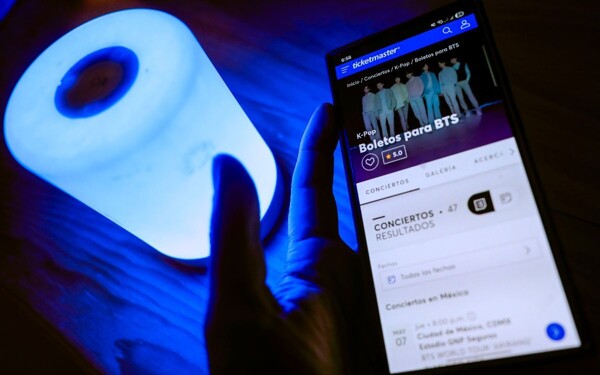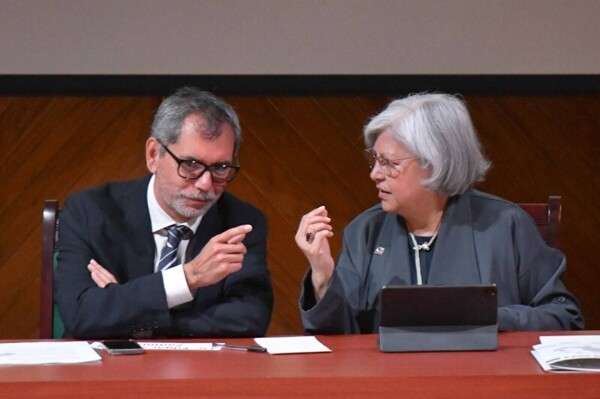
Mexican retail commerce is a significant sector in the country's economy, with a great influence on the daily life of society. According to data provided by PROFECO in 2025, in the second quarter of 2024, this sector represented a considerable figure of $3.43 trillion Mexican pesos. Moreover, it has more than 2.5 million economic units and an employed population of 16.6 million, with an average monthly salary of $4,830.
Given this relevance, the importance of retail companies adopting more sustainable and ethical practices is highlighted. This implies implementing processes and systems to establish clear objectives aimed at achieving a sustainable reduction of environmental impact. Technology and data analytics play a fundamental role by providing information on changes in consumer behavior and the industry's trend towards sustainability.
The concept of omnichannelity, which combines digital and physical mediums, allows consumers to compare different retailers in a deeper way. In this sense, the O2O (offline-online) model seeks to promote an ethical and sustainable culture that enhances customer experience, aligned with universal values and fostering the consumption of local and regional products.
Regarding responsible consumption, the retail sector has begun to understand the need to act more consciously, both due to competitive pressure and consumer demand for responsible practices. Retail, characterized by more reasoned consumption, faces the expectation of 77% of Mexican consumers who want brands to be more transparent on sustainability issues. Additionally, the use of sustainable packaging influences the purchase decision of a high percentage of customers in the country.
Various studies indicate that reducing the carbon footprint is a crucial issue for the retail industry. Strategies such as logistical optimization, the use of renewable energy and energy efficiency in stores, waste reduction, and promoting sustainable materials are key actions to address this challenge. Artificial intelligence is anticipated as an important tool to personalize the customer experience and improve store operations, thus contributing to the continuous evolution of the retail sector with a positive impact on the economy.














